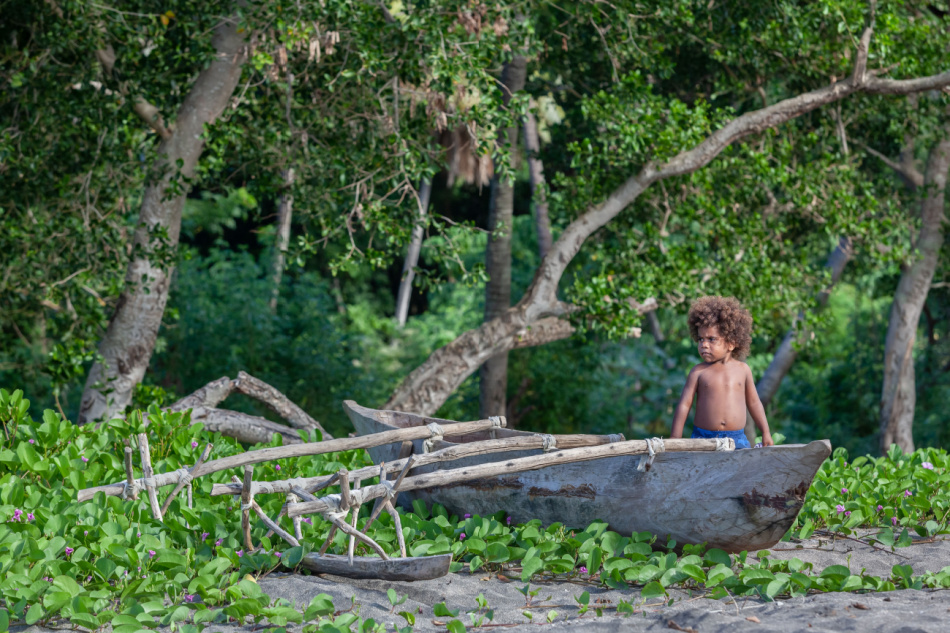BY SIRI CHILUKURI, Grist
This story was originally published by Grist. Subscribe to its weekly newsletter here.
Young environmental activists from a small South Pacific island earned a climate win that could cause major problems for the world’s largest polluters.
The nation of Vanuatu proposed a groundbreaking resolution to the United Nations last Wednesday, asking the world’s top court to weigh in on the role national governments must play in reducing emissions and combating climate change.
The advisory opinion, which may not be issued for another two years, could have an influence on thousands of cases brought globally against governments for their failure to address the crisis. It may potentially result in sanctions for the worst polluters. The International Court of Justice’s ruling would be non-binding, but it might shape existing litigation and influence the passage of climate pacts that could follow the 2015 Paris Accords.
No place to hide from the climate crisis
Vanuatu, a country of more than 80 islands, led the effort to pass the resolution because it has been disproportionately affected by climate change. This month alone, Vanuatu was hit by two cyclones.
“For us Pacific islanders, there is no place to hide from the climate crisis, no denying the reality we are facing,” Alatoi Ishmael Kalsakau Ma’aukoro, the nation’s prime minister, said in an op-ed in Time.
Young people all throughout the Pacific Islands looking for solutions to the situation spearheaded the effort to get a resolution passed at the United Nations. Pacific Islands Students Fighting Climate Change was founded in 2019 with the sole purpose of seeking an advisory opinion on the topic from the International Court of Justice. It collaborated with the Republic of Vanuatu to draft the resolution, which has subsequently been signed by more than 120 member nations.
“This resolution was adopted by consensus, which means the entire global community is standing together, asking the question of the International Court of Justice, because together is the only way that we will solve this problem,” Christopher Bartlett, head of climate diplomacy for Vanuatu, told Grist.
The effort to obtain the advisory opinion began in 2011 when delegates from the Marshall Islands and Palau attempted to adopt a similar resolution, which was blocked by the United States. Michael Gerrard, the founder of Columbia University’s Sabin Center for Climate Change Law, was part in the 2011 push and attributes the triumph to a political shift on climate.
Climate and politics
“The gravity of the climate crisis has become more apparent with the cascade of studies, and even more importantly, climate of weather catastrophes in different parts of the world. Additionally, one of the major reasons why the 2011 effort failed was the opposition of the United States,” Gerrard informed Grist. “This was under the Obama administration and the United States actively opposed it–– this time they didn’t.”
Despite the fact that the International Court of Justice is the most well-known court in the world, other international courts are hearing issues concerning climate change and human rights. On the same day that the United Nations passed its resolution, the European Court of Human Rights heard a case from a group of elderly ladies in Switzerland claiming that climate change is a breach of their human rights. Chile and Colombia have also made similar claims and asked for an advisory opinion from the Inter-American Court of Human Rights. If either of these cases comes first, the ICJ’s decision may be influenced.
According to John Knox, a law professor at Wake Forest University and the first United Nations Special Rapporteur on human rights and the environment, the ICJ could take up to two years to publish its ruling, and there is no indication of where it will fall.
“I think we can hope that it’s going to be a great decision, and one that really moves the ball forward,” Knox told Grist. “At the same time, the ICJ is a body of judges appointed by governments, many of whom are among the largest emitters of carbon gasses. I don’t think we should necessarily assume that the decision is going to be the strongest statement yet by any court that governments have obligations [to address climate change].”












